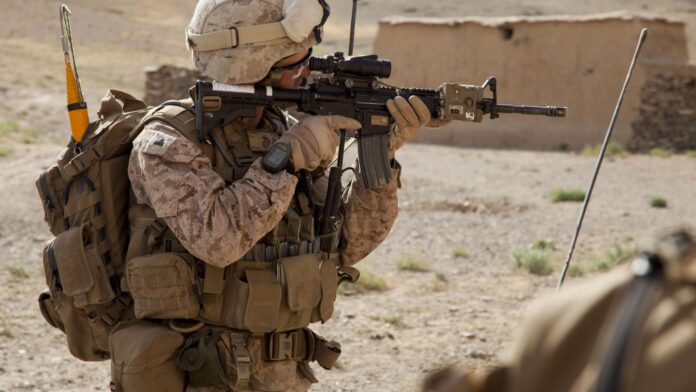Author: Thomas Gregory
Affiliation: University of Auckland, New Zealand
Organization/Publisher: Review of International Studies
Date/Place: November 8, 2019, U.K.
Type of Literature: Article
Word Count: 12,775
Keywords: Civilian Casualties, Counterinsurgency, Condolence Payments, Compensation, Afghanistan, Iraq
Brief:
This article focuses on the strategic imperatives that encouraged commanders to use money as a way of managing or mitigating the consequences of civilian casualties for the success of the mission. The author quotes General David Petraeus: “Money is my most important ammunition in this war,” to highlight how condolence payments have become increasingly common in recent wars, although it is unclear precisely how much money has been disbursed. A 2007 report by the US Government Accountability Office (GAO) indicated that coalition forces had paid out more than $29 million in condolence payments and approximately $1.9 million in solatia (sympathy) payments in Afghanistan and Iraq between 2003 and 2006. Although available documents do not provide a running tally, a coalition spokesperson revealed that the United States paid out more than $3.7 million in ‘battle damage repairs’ to Afghans in 2010, a figure that jumped to nearly $12 million in 2011. Additional data was obtained by The Intercept that documents 953 condolence payments totaling $2.7 million, which were paid from the Commander’s Emergency Response Program (CERP) between 2011 and 2013. Considering the amount of money that has been disbursed, surprisingly little has been written about the role of condolence payments in contemporary conflict. Rather than viewing condolence payments as a tool of transparency or accountability, the author suggests that they should be seen as a weapon of war, something that can be used by the military to help manage the consequences of civilian harm and ensure that they do not disadvantage themselves in the battle for hearts and minds. Condolence payments can be used to make amends for civilian harm and are intended as an “expression of sympathy for death, injury, or property damage caused by coalition or US forces generally during combat” rather than an “admission of legal liability or fault.” Based on the lessons learned on the ground, coalition forces no longer view civilian casualties as a moral or legal concern, but now regard as a potential strategic problem. The author argues that these payments should not be seen as responding to the pain and suffering experienced by civilians in Afghanistan and Iraq because these payments were never intended as a way of making amends but were weaponized by the US Marine Corp as “the most effective mitigation measures” and incorporated as strategic costs of civilian casualties.
By: Abdullah Jurat, CIGA Research Associate




